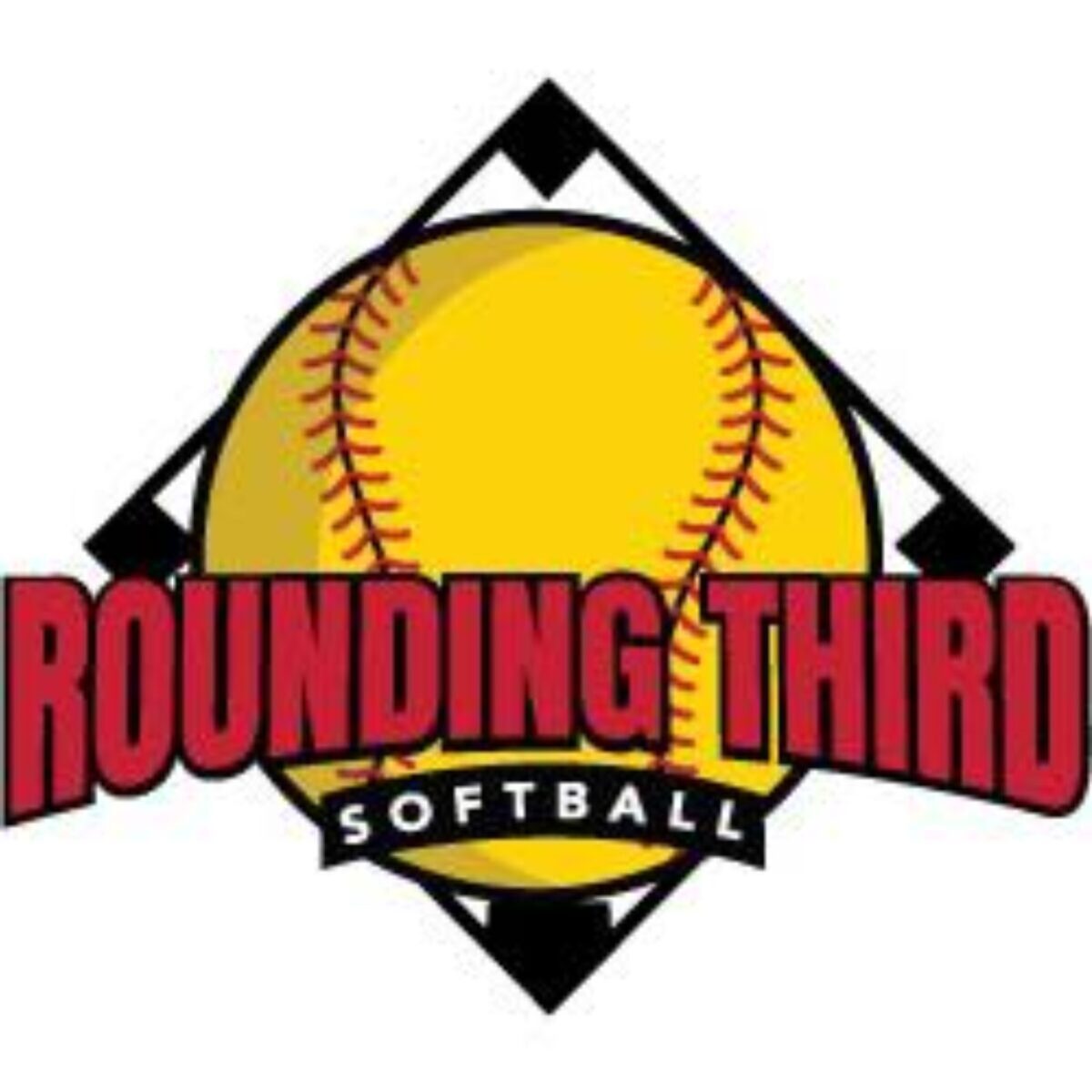Academy of Art University has announced Nikki Gentile as their new head coach. Gentile spent the last three seasons as head coach at Solano Community College where she won back-to-back Big Valley Conference Championships in 2018 and 2019.
Boulder IDT Recruiting Event Canceled
One of the biggest and most prestigious club softball and showcase events has pulled the plug on their 2020 event. The Independence Day Tournament in Boulder, Colorado scheduled for July 1-5 was cancelled by event organizers today due to the COVID-19 Pandemic. The event regularly draws nearly 400 collegiate coaches each summer.
Lajeunesse Retires as Siena Coach
Siena has announced the retirement of head coach Bill Lajeunesse. Lajeunesse spent 14 years with the program with the last 10 coming as head coach. He won 200 games in his time with the Saints, 104 of those coming in MAAC play.
Division I Dead Period Extended
The NCAA Division I Council Coordination Committee has extended the recruiting dead period in all sports through July 31. In essence this wipes out the majority of the summer recruiting opportunities and showcase events and camps for DI collegiate softball staffs.
Martinez Promoted to Henderson State Head Coach
Henderson State has announced the promotion of assistant coach David Martinez to head coach. Martinez has served on the Reddies Staff for the last four seasons under former coach Beth Jackson. He has also had coaching stops at Southern Miss and Delta State.
Wynn Named Associate Head Coach at Minnesota
Minnesota has named Carly Wynn associate head coach. She comes to the Twin Cities from Arizona State where she helped the Sun Devils to an appearance in the Women’s College World Series in 2018 and a 135-57 record over five seasons.
Nuveman Deniz Named SDSU Coach in Waiting
San Diego State has announced that associate head coach Stacey Nuveman Deniz has been named head coach in waiting. The former U.S. Olympian has spent 12 seasons on staff with the Aztecs and will take over for longtime head coach Kathy Van Wyk at the conclusion of her career. The move seems to have come on the heels of her flirting with Cal about their head coaching position earlier this month.
Pistole Returns to Southern Oregon
Southern Oregon has announced that National Champion Coach Jessica Pistole will return to the helm of the program. Pistole had left the Raiders after the 2019 Championship Season for the head coaching job at San Diego. She coached the Toreros for less than 10 months and was 15-12 in the abbreviated 2020 season.
Cal Maritime Names Yoder Director of Athletics
Cal Maritime has hired Karen Matteson Yoder as their new Director of Athletics. She joins the Keelhaulers after serving in the same capacity at Mission College. Yoder is also a veteran of the collegiate softball game having head coaching stops at UC Davis, Napa Valley College, UNC Greensboro, and Cal State Hayward.
2020 Canada Cup Cancelled
One of the most well known international softball events, the Canada Cup, has been canceled due to the COVID-19 Pandemic. The annual event was scheduled for July 3-12 in Surrey, British Columbia. This year had the most national and club teams ever registered in event history at 110. Organizers have already set the events return in 2021 for July 2-12.
